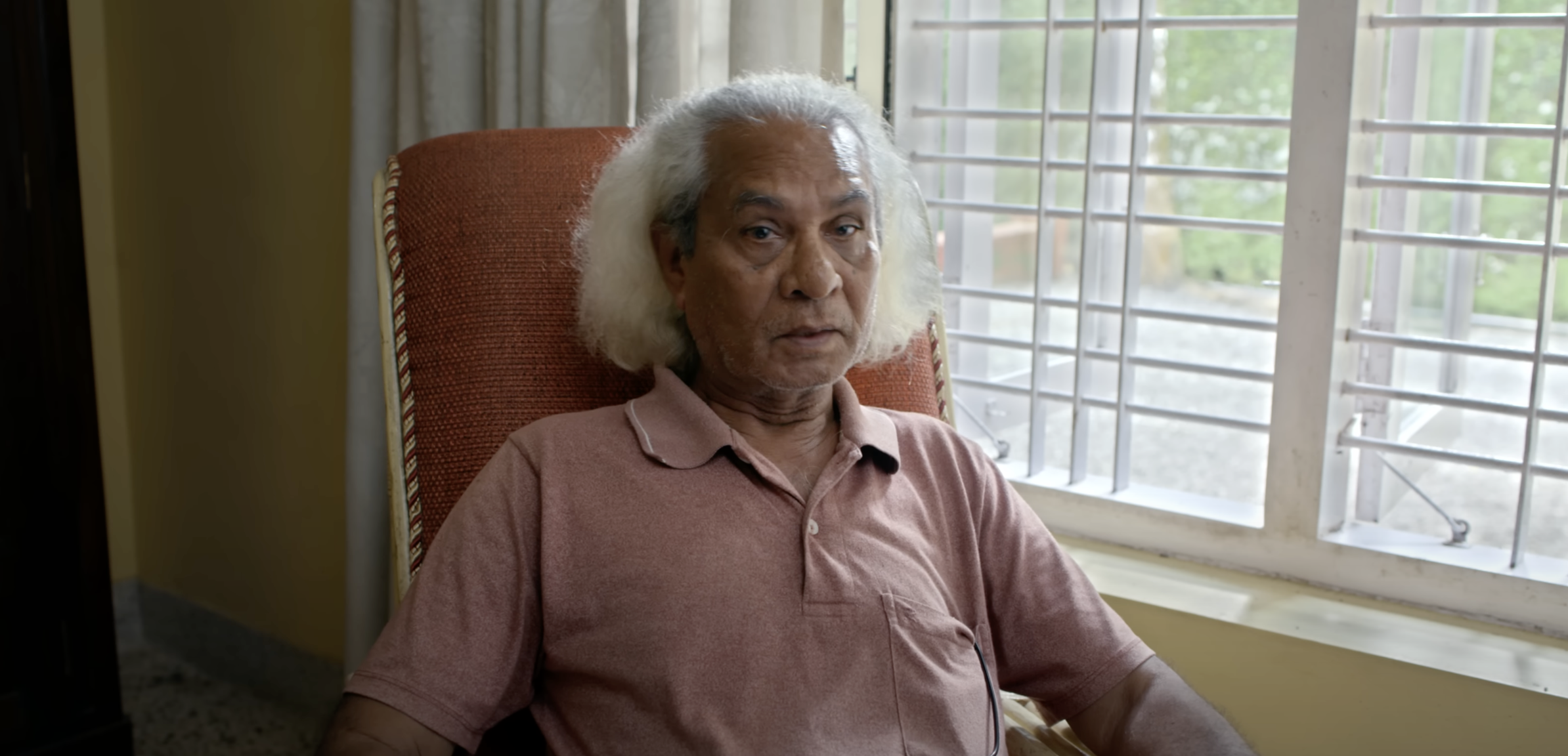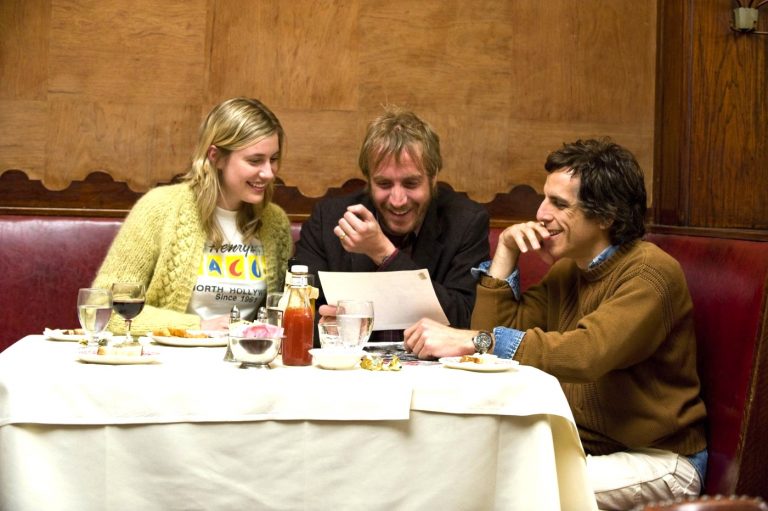Over the years we have had so many metacinema outings that defined and redefined glorious ages of film-making across industries. Be it Federico Fellini’s “81/2,” Vidhu Vinod Chopra’s “Khamosh,” Zoya Akhtar’s “Luck By Chance,” K.G. George’s “Lekhayude Maranam Oru Flashback,” or even Rosshan Andrrews’ “Udayananu Tharam” – movies that go meta has always commemorated the legacy of cinema as we know it. The tropes of a ‘Film-within-a-film’, often termed meta cinema brims with nostalgia and more often than not stand as everlasting love letters to bygone cinema’s glory. The latest entry to this list is Jofin T. Chacko’s sophomore directorial, “Rekhachithram” (2025).
Cinematically reminiscent of Vidhu Vinod Chopra’s 1985 thriller “Khamosh,” “Rekhachithram” is a mystery thriller that focuses on a junior artist’s murder on the sets of the 1985 Bharathan film “Kaathodu Kaathoram” starring Mammootty. But here’s the catch – the investigation takes place 40 years later when the remains of a dead body get dug out with little to no information about the victim and her whereabouts. However, the most unique aspect of “Rekhachithram” is how the past and present narratives cohesively entwine with the making of the 1985 film “Kathodu Kathoram.”
“Rekhachithram” opens on a dull-hued rainy night where a dead young woman (covered) is being carried by a group of men. The focus shifts to Vivek, a disgraced cop who despite being brilliant at his job is grappling with government sanctions and a punishment transfer because of his rummy gaming addiction. An unexpected Facebook live reveal by a popular figure leads Vivek and the team to a 40-year-old human carcass and a pair of silver anklets. The entire investigation process is propelled by Vivek’s desperation and stubbornness as he tries to redeem his reputation within the service. It is through his eyes, that we get to see and know the victim for who she was and what happened to her.
“Rekhachithram” masterfully recreates the 1980s era of Malayalam cinema as it places the victim character played by a fabulous Anaswara amidst the production of Mammootty starrer “Kathodu Kathoram.” The narrative transports the viewer to a series of what-ifs while basing an entire missing and murder case on the sets of an iconic Malayalam movie. Appu Prabhakar’s camera gives the film its entire personality and character, flawlessly switching from the yellowy warm hues of the 80s to the sharp tones of the 2020s. The make-up, production design, and costume department has also done a masterful job in recreating Malayalam cinema’s glorious age.

The film has brilliantly weaved relatable characters like an outdated journalist who lies for relevancy through his YouTube channel, Assistant directors who have become popular directors later, music director Ouseppachan, writer John Paul, and casting agents of bygone era throughout the course of investigation with surprising cameos. Without spoiling much, “Rekhachithram” stands out as a love letter to Malayalam cinema and superstar Mammootty. The film wouldn’t be half as engaging if not for the film-in-film tropes and meta references. Ramu Sunil deserves a pat on his back for the screenplay and story. As the narrative uncovers the long-hidden secret behind a forgettable junior artist’s untimely demise, we get to know who she was and what cinema meant to her through the eyes of a disgraced cop.
While “Rekhachithram” shines as a metafilm that reignites the love for Malayalam cinema in its ardent fans through its central character played by Anaswara, it falls flat as a murder mystery. It also comes with certain shortcomings that stick out quite uncomfortably. Asif Ali, who has been flawlessly delivering in cop roles back to back in this decade is given a raw spectator-level deal in the film. Although he packs a punch and shoulders a character with minimal mettle with absolute finesse, he deserves more from his character for the actor that he is. The supporting cast barring veterans displays upsetting juvenile-level performances letting the film down.
The film fails to handle the mystery and does minimal justice to Mujeeb Majeed’s sensational score. There are action scenes devoid of substance featuring Asif Ali that add nothing pivotal to the story or proceedings. The course of investigation time and again sticks to convenient cliches and gets repetitive despite a shorter run-time. Expecting an edge-of-the-seat thriller or a nerve-wracking showdown from this film could prove a mistake.
In short, “Rekhachithram” is not a whodunnit, whydunnit, or a howdunnit. It is also not a character study of a disgraced cop’s relentless efforts for redemption, but rather a woman’s cinema dreams and how her life fell short before reaching the skies. The storytelling in “Rekhachithram” oozes nostalgia, meta references, cameos, and the creators’ endless love for cinema, while slipping into pitfalls of predictability and conveniences. Fans of Malayalam cinema can see “Rekhachithram” as a love letter to Malayalam cinema’s past glory.


![A Death in the Gunj [2017]: An Intricate Character Study](https://79468c92.delivery.rocketcdn.me/wp-content/uploads/2017/04/death_in_gunj_gallery_7-768x402.jpg)
![The Northman [2022] Review – A Simple Tale of Revenge with a Grand Vision by Robert Eggers](https://79468c92.delivery.rocketcdn.me/wp-content/uploads/2022/04/The-Northman-Movie-Review-1-768x512.webp)



